Medina shares how to achieve and maintain brain health
Dr. John Medina, developmental molecular biologist, spoke at latest San Joaquin Town Hall, Jan. 23. Medina discussed how to maintain a healthy brain throughout different stages of life.

As an affiliate professor of bio engineering at the University of Washington School of Medicine, Medina works primarily with young people, as his passion comes from being a father of two sons.
In addition to his research, consulting, and teaching, Medina speaks often to public officials, business and medical professionals, school boards, and nonprofit leaders. Medina is the founding director of Talaris Research Institute. Based in Seattle, this research center focuses on how young children encode and case information at the molecular, cellular, and cognitive levels.
Lecturing at many colleges including Occidental and Providence, he believes Fresno holds something special, how the location, the people, and the culture all contribute to a unique and special gene pool.
“Fresno to me has both a small town feel and an urban feel to it all at the same time,” Medina said. “And it has a mixture of multicultural inputs and experiences that you often don’t see in other places, most particularly here in Southern California, which is agrarian. But on either side of you are some of the biggest technological behemoths that exist.
“You’ve got the digital entertainment world, and then you’ve got the rest of the world in both places,” Medina continued. “Fresno is going to be a big deal. There is going to be a stop at Fresno. And if that’s the case, the ability for all of it to mix and match. Once that train is up and running you will be able to have Silicon Valley come up here. So I’m interested. In fact, I want to be watching you. There is going to be a mixture here that I think is going to be absolutely extraordinary.”
The following podcast includes a section of Carston Saelzler, ’21, and Mackenzie Beckworth, ’21, interviewing Dr. John Medina at SJV Town Hall.
In his New York Times Bestseller, Brain Rules, Medina focuses on uncovering the secrets of the brain and how to strengthen and equip ourselves for better brain function. He states that everybody’s brain is different. The book answers questions like, how do we learn? What exactly do sleep and stress do to our brains? Why is multitasking a myth? Why is it so easy to forget and so important to repeat new knowledge? Is it true that men and women have different brains?
This book focuses on twelve main rules that if done correctly, should increase brain power and ultimately give us success:
- Survival
- Exercise
- Sleep
- Stress
- Wiring
- Attention
- Memory
- Sensory Integration
- Vision
- Music
- Gender
- Exploration
Each chapter focuses on its own brain rule. Medina encourages readers to reinforce these main points through illustrations, charts, and video.
Medina holds a fascination for the young mind. According to Medina, the human brain peaks at around the age of 23.8 years, and from there, it’s a downward spiral. On college campuses, Medina is surrounded by youth and brain healthy individuals. But he sees different levels of health in different places depending on the location.
“I work primarily with 2nd year medical students and bio engineering graduate students, that’s my thing,” Medina said. “So I don’t work a lot with 63 year olds. I work with a lot of 24 year olds and beyond. But all human behaviors have a nature and nurture component. But it looks differently socially. I am from Seattle, and Seattle is very different from Fresno. Both are very different, my son goes to a college in LA and my other son goes to Providence, and every one of those places I have lectured in, aging looks really differently there. So I’m really interested to see what that will look like.”
Dr. John Medina, a molecular biologist, professor, researcher, and author of ten books, speaks at the @SJVTownHall, Jan. 23. Medina focuses on genes that develop the human brain & genetics of psychiatric disorders. @brainrulesbooks @fresnochristian #thefeather #BrainRules pic.twitter.com/grorniemSZ
— The Feather Online (@thefeather) January 23, 2019
Bringing up the subject of nature versus nurture in the lecture, Medina challenges this widely accepted concept of one being more impactful that the other. He uses an illustration to demonstrate his point.
“All human behaviors have a nature and nurture component,” Medina said. “In fact, that used to be an argument, nature versus nurture. Usually when I talk about a nature versus nurture question, I’ll ask them which side of the boat is responsible for making it float? The port side or the starboard side?
“Both sides are responsible for making it float,” Medina continued. “Nature and nurture are combined. Now there are different combinations. For example, there is a gene called the serotonin transporter protein gene but it has lots of variations on it, there is a variation that you can inherit and if you inherit, you are extraordinarily stress sensitive.”
Medina offered some insight on Alzheimer’s, a brain disease that 5.7 million Americans live with according to Alzheimer’s Association. In the past, it has been thought that Alzheimer’s was diagnosed around the age of 65. But Medina shares interesting research that may prove it wrong.

“You get Alzheimer’s and it’s a death sentence,” Medina said. “You’ve got a 7-8 year clock and you’re basically dead. It’s a horrible death as you begin to decline and there’s nothing that we can do about it. One of the reasons why we think is because Alzheimer’s does not begin at 65. We actually think Alzheimer’s begins at age 20.
“The proteins that begin to collectively accumulate in your brain take a long time to see the damage,” Medina continued. “We’re beginning to understand that in those early times at age 23 that for some people, it is already starting to accumulate. So basically, if you want to treat Alzheimer’s successfully, you don’t treat 65 year olds. That’s a little bit like saying that the battle is over. What you want to be doing is starting treatment when the battle is just beginning to engage, which is when you are young.”
Other books written by Medina include: Brain Rules for Baby: How to raise a smart and happy child from age zero to five, and Brain Rules for Aging Well: 10 principles for staying vital, happy, and sharp.
For more articles SJV articles, read Renowned journalist David Epstein lectures at Town Hall, and Journalist Michael Pollan visits San Joaquin Valley Town Hall.
Carston Saelzler can be reached via email.
Mackenzie Beckworth also contributed to this article. Beckworth can be reached via email and via Twitter.




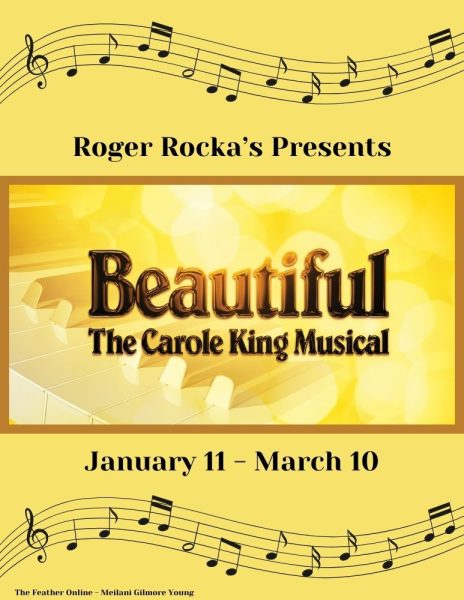
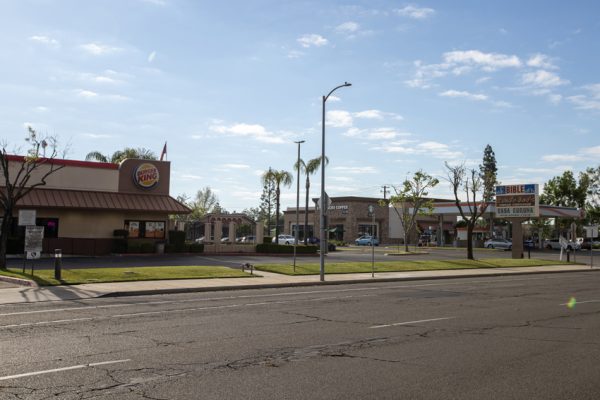

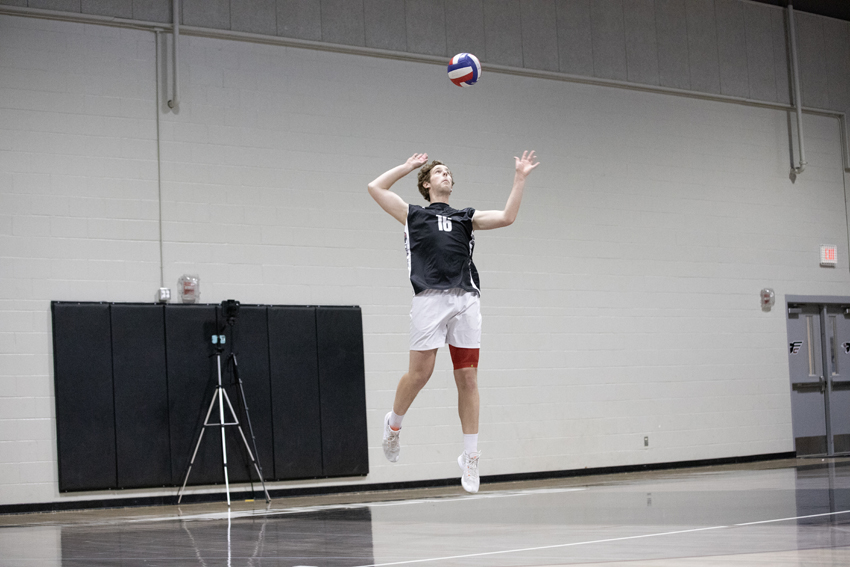
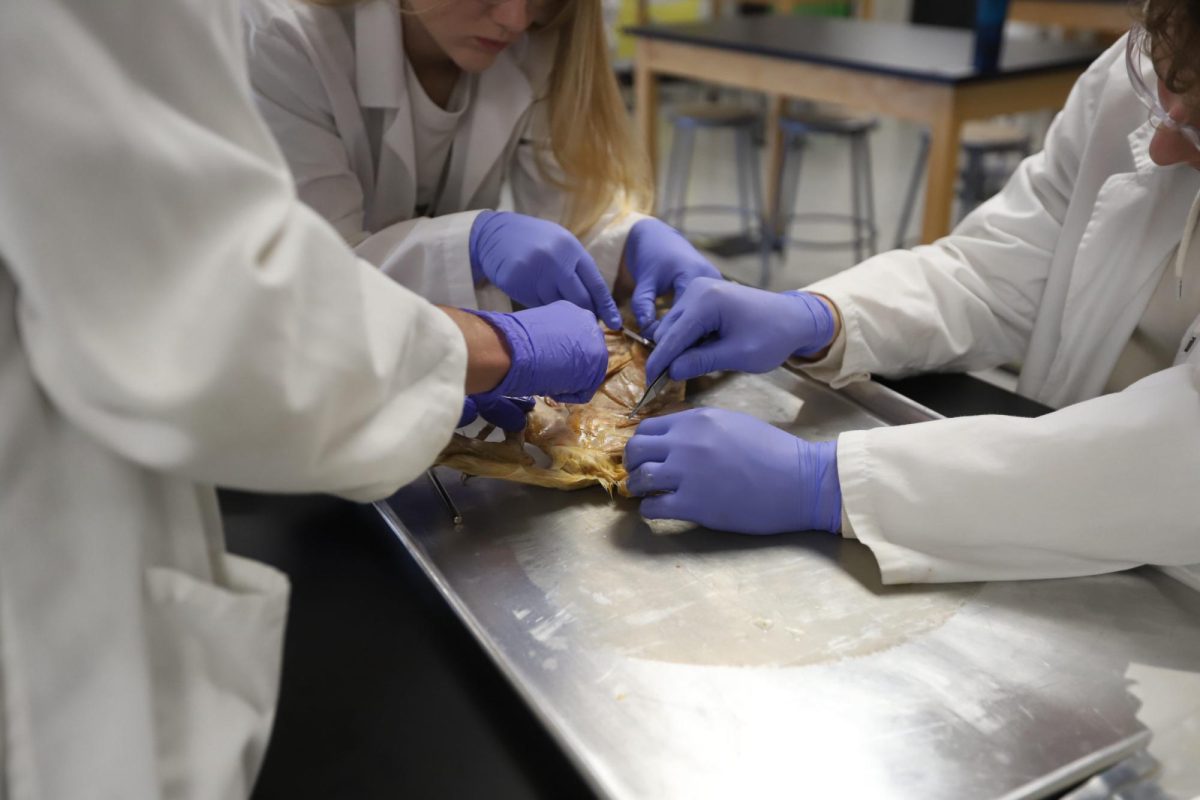
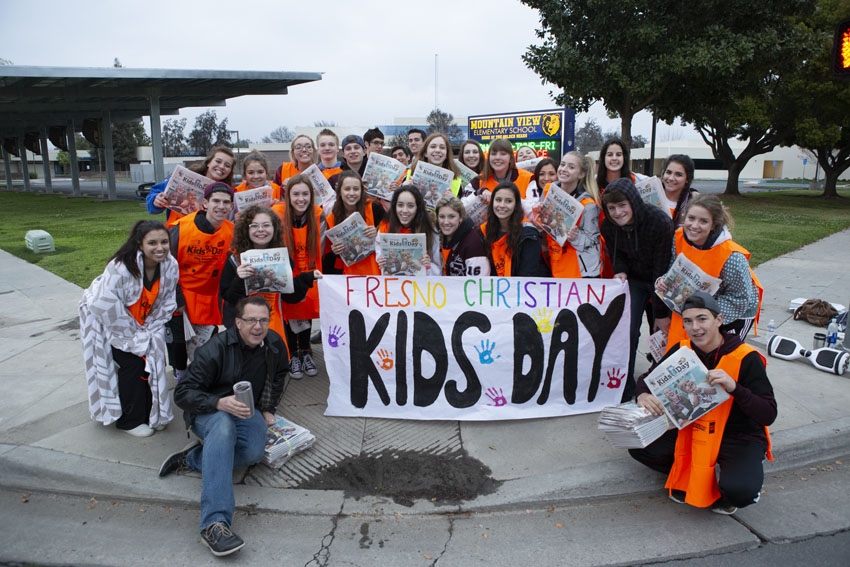
![[Video] 100th CSPA Spring Journalism Conference](https://thefeather.com/wp-content/uploads/2024/04/20240308-cspa-crown-002.jpg)
![[Video] New York Day 4](https://thefeather.com/wp-content/uploads/2024/04/NY-trip-day-4-JC-.jpg)
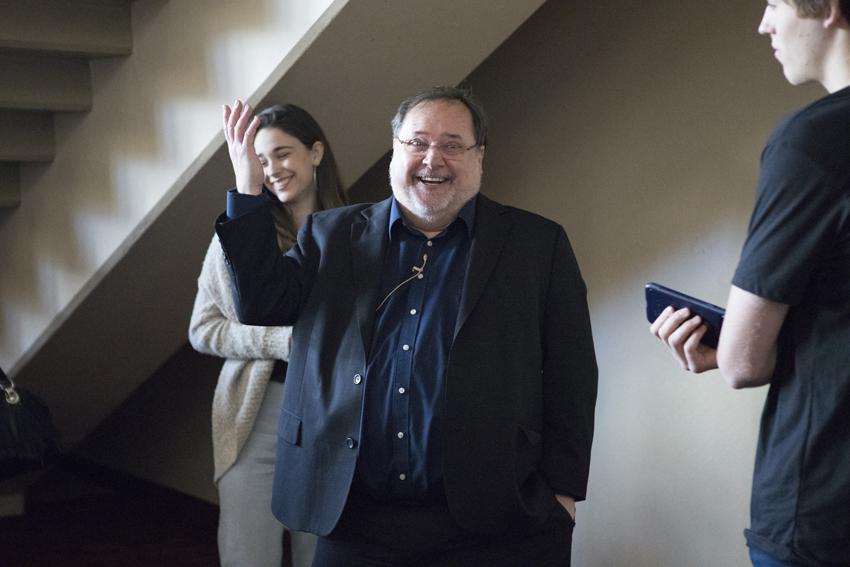


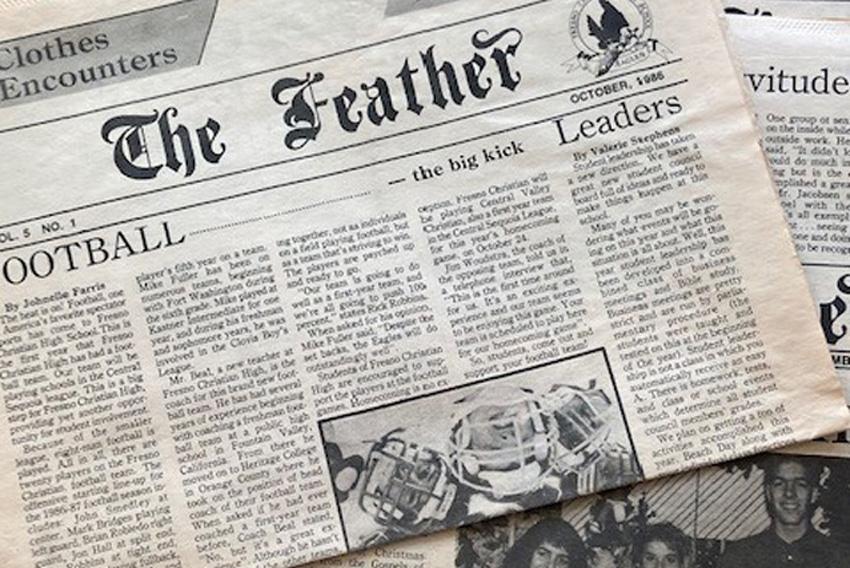
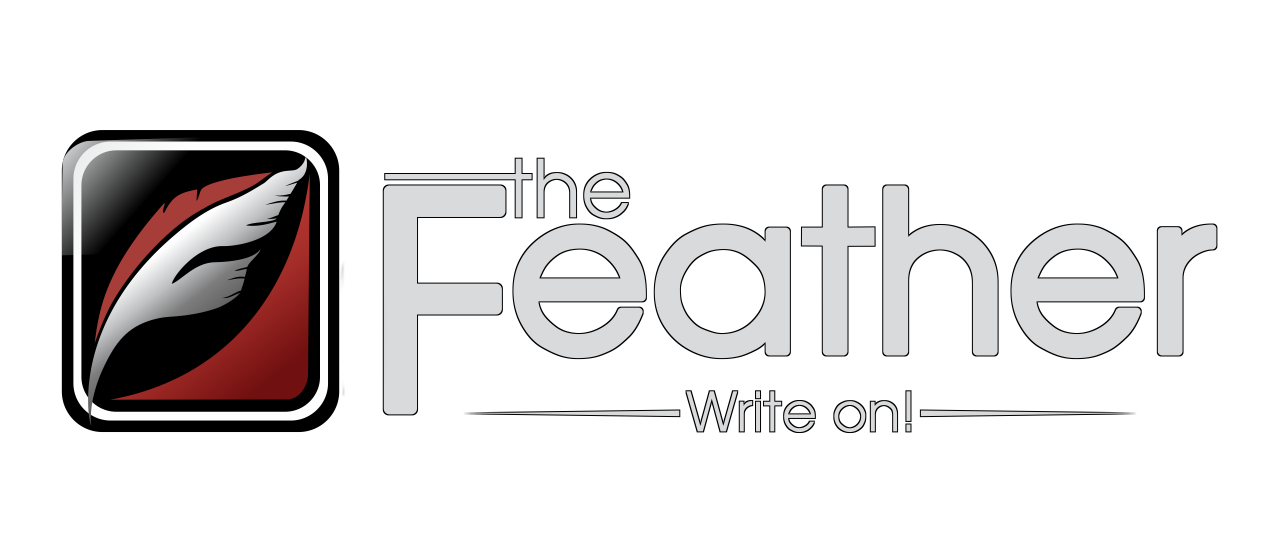
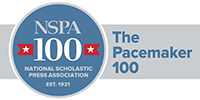
Avery Jones • Feb 4, 2019 at 11:59 am
So awesome hearing from Dr. Medina! Great article Carston:)
Addison Schultz • Feb 1, 2019 at 10:43 pm
It’s so cool to learn about the brain and how it affects people! Great article!